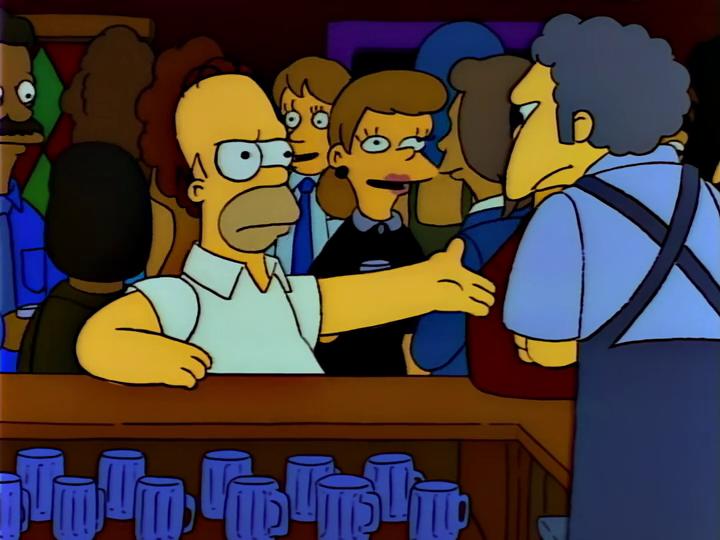Examples
October 31, 2024 2025-05-05 23:10Examples
Examples of Media Application
While ‘Media Application’ may sound like a complicated concept, it is actually pretty simple.
What is Media Application?
Media Application is the use of any form of media (song, podcast, movie, television show, etc…) to connect it to an educational topic. By using ‘Media Application’, concepts can be made easier to understand and create broader engagement and nuance.
Media.onl ‘s main goal is to create an academic database of media application to allow students and educators to collaborate and learn from another, while using everyday media as a medium for doing so. Check out some examples of Media Application below.

Media Application Examples
Psychology: Self -Fulfilling Prophecy
In this clip, the interaction between the man and Stewie is the perfect example of the ‘self-fulfilling prophecy’ as Stewie’s actions are influenced by the man’s comment of having to sit next to a baby on the plane. Being offended by this comment, Stewie begins to act as a “stereotypical baby”, as a return for the man’s comments.
The ‘self-fulfilling’ prophecy’ in psychology, put simply, is when a person’s expectations or beliefs influences that person’s or another’s behaviors by how they act towards another/themselves (depending on the context), which then confirms our expectations, even if it is false.
The man’s comment in the Family Guy clip is what drove Stewie to act the way he acted. Had the man not had any expectations of Stewie’s behavior on the plane, Stewie would have watched the in-flight movie (as mentioned by him in the clip from the episode). By the man having predefined expectations of Stewie based on stereotypes, the man’s expectation influenced how he treated Stewie. In this instance, the man’s comment was the action, and Stewie’s response was influenced by the man’s actions towards him. As a result, the man has successfully exemplified the ‘self-fulfilling prophecy’ by having Stewie confirm his expectations through the man’s own actions and beliefs.
Source Information:
TV Show: Family Guy
Season: 3
Episode: 2 (‘Brian Does Hollywood’)

Source Information:
TV Show: The Simpsons
Season: 3
Episode: 10 (‘Flaming Moe’s’)
English: Plagiarism
In the episode, ‘Flaming Moe’s, of the television show ‘The Simpsons’, Moe’s actions of claiming credit for homer’s drink idea, along with the ramifications that follow, allows this episode to be the perfect metaphor for plagiarism.
Homer comes into the bar one day for a beer, only to find that Moe is out. After reminiscing about a time he made is own drink, Homer recreates it for Moe to try, which then impresses Moe. When another customer complains about ‘the love testing machine’, Moe offers them a glass of Homer’s homemade drink. The customer then drinks the beverage and is impressed with it as well. Moe then tells the customer that the drink is called a ‘Flaming Moe’ and that he, Moe, invented the drink.
This episode does a great job of giving a visual example of plagiarism and the effects it can have, despite seeming like an innocuous and harmless action. Not only does it upset Homer to the point of insanity, but Homer is never given the proper credit/rewards for his invention.
